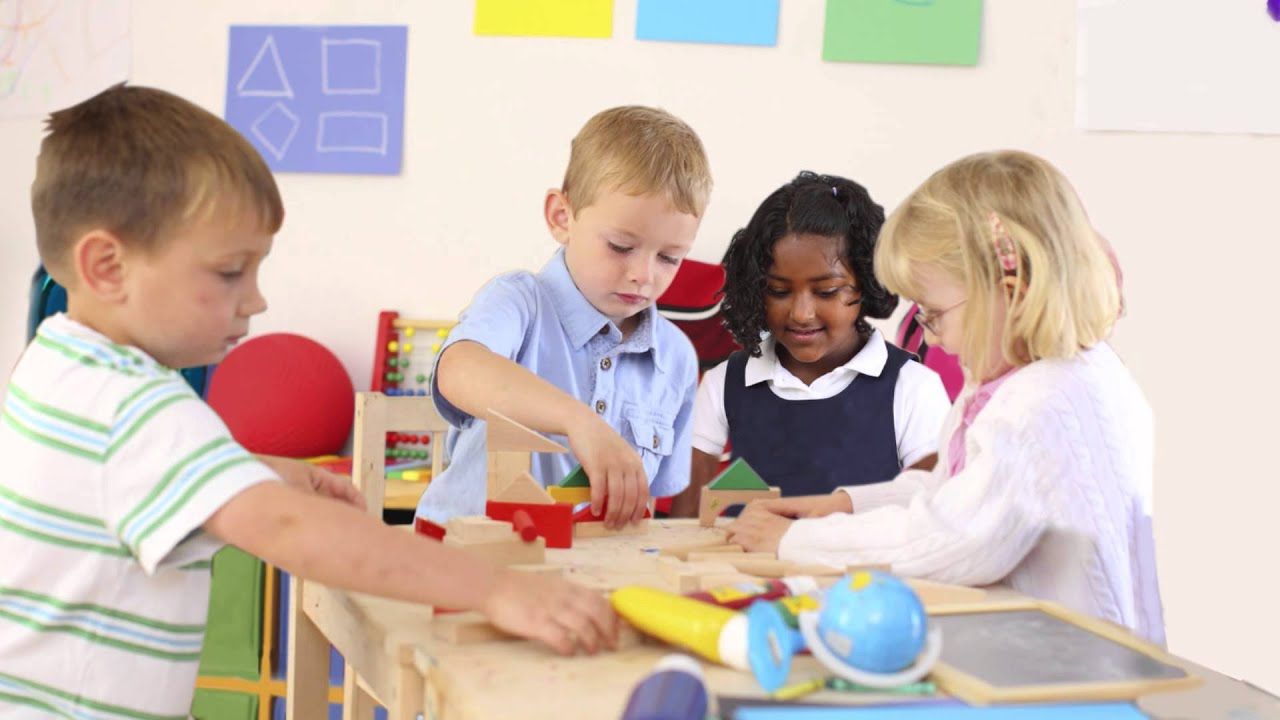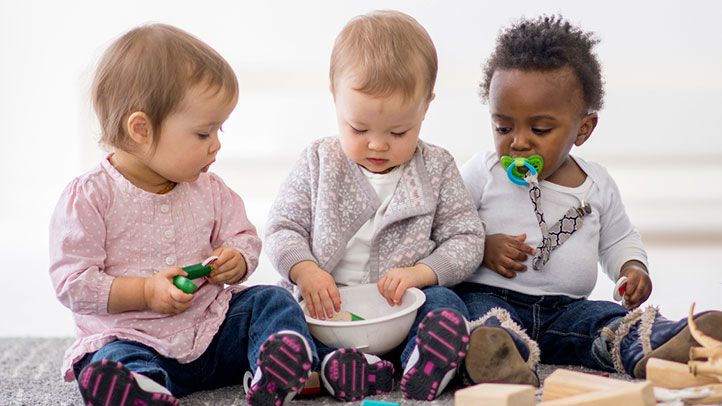Importance of Early Childhood Education for Lifelong Learning
Early childhood education plays a crucial role in shaping a child’s future. The formative years of a child’s life are critical for their cognitive, social, emotional, and physical development. Research has shown that children who receive high-quality early childhood education are more likely to succeed in school and in life. In this article, we will explore why early childhood education is essential for lifelong learning.
Cognitive Development
One of the primary benefits of early childhood education is the development of cognitive skills. During the early years, children’s brains are like sponges, soaking up information and experiences at a rapid pace. High-quality early childhood education programs provide opportunities for children to engage in activities that stimulate their cognitive development, such as reading, problem-solving, and critical thinking.
Social and Emotional Development
In addition to cognitive development, early childhood education also plays a crucial role in shaping a child’s social and emotional skills. Children learn important social and emotional skills, such as empathy, cooperation, and self-regulation, through interaction with their peers and teachers. These skills are essential for building positive relationships and navigating social situations throughout life.
Preparation for School
Early childhood education is also important for preparing children for success in school. Research has shown that children who participate in high-quality early education programs are more likely to perform well academically, have better attendance records, and exhibit positive behavior in the classroom. By providing children with a strong foundation in early childhood education, we are setting them up for success in their future academic endeavors.
Lifelong Learning
The benefits of early childhood education extend far beyond the preschool years. Children who receive high-quality early education are more likely to continue on the path of lifelong learning. They are more likely to graduate from high school, pursue higher education, and engage in continuous learning throughout their lives. By instilling a love for learning early on, we are laying the groundwork for success in the future.
Conclusion
In conclusion, early childhood education is essential for lifelong learning. By providing children with high-quality early education, we are setting them up for success in school and in life. The cognitive, social, emotional, and academic skills that children develop in their early years lay the foundation for their future growth and development. Investing in early childhood education is not only beneficial for children but also for society as a whole. As a society, we must recognize the importance of early childhood education and ensure that all children have access to high-quality programs that will support their lifelong learning journey.


